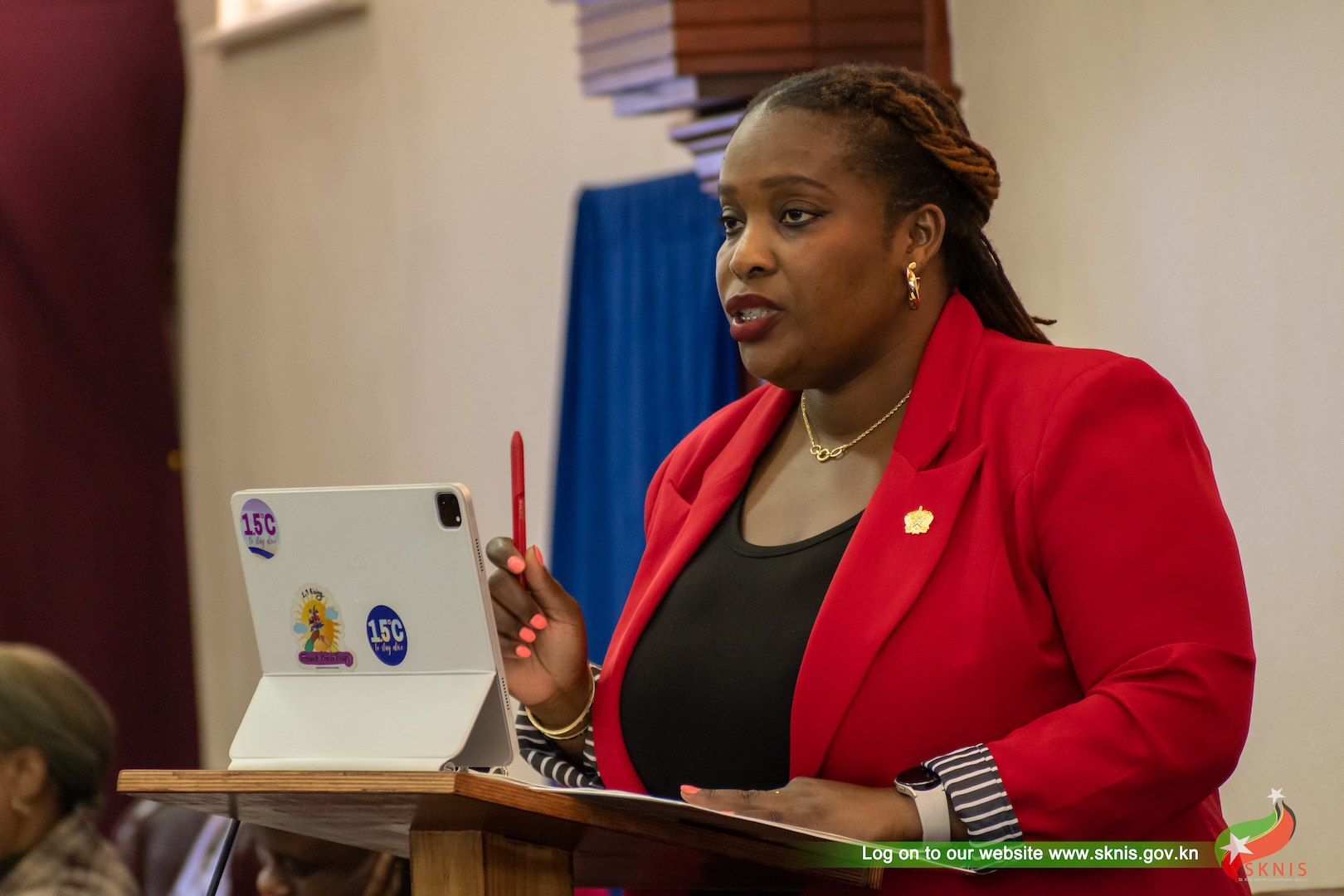St. Kitts and Nevis to Pursue Transformative Climate Action in 2025
The twin-island nation of St. Kitts and Nevis is embarking on a transformative journey towards becoming a Sustainable Island State, a vision championed by Senator Dr. Joyelle Clarke, Minister of Sustainable Development, Environment, Climate Action, and Constituency Empowerment. Dr. Clarke, during her contribution to the 2024 budget debate, outlined ambitious plans for 2025, emphasizing the critical need for continued investment in climate resilience, sustainable land management, and the reduction of environmental pollutants. These initiatives represent a comprehensive approach to sustainable development, aiming to balance economic growth with environmental protection and social equity. The overarching goal is to create a resilient nation capable of weathering the impacts of climate change while ensuring a prosperous and equitable future for all citizens.
A central pillar of the 2025 agenda is the complete enforcement of the Single-Use Plastic Ban. This initiative reflects a global movement to curb plastic pollution, a major environmental concern that impacts oceans, wildlife, and human health. The phased implementation of the ban has allowed businesses and consumers to adapt to alternative materials, paving the way for full enforcement in the coming year. This decisive action underscores the government’s commitment to environmental stewardship and its recognition of the detrimental effects of plastic waste on the delicate ecosystems of small island states. The ban signifies a significant step towards a cleaner, greener future for St. Kitts and Nevis.
Recognizing the interconnectedness of global environmental challenges, St. Kitts and Nevis is actively engaging with international partners to secure funding and technical expertise. Collaborations with organizations like the Global Climate Fund and the Caribbean Community Climate Change Centre are instrumental in strengthening the nation’s climate action efforts. These partnerships provide access to vital resources and knowledge sharing, enabling the implementation of projects designed to enhance climate resilience and address the specific vulnerabilities faced by small island developing states. This collaborative approach highlights the importance of international cooperation in tackling shared environmental challenges and building a more sustainable future for all.
Beyond addressing plastic pollution and strengthening climate resilience, the government is also prioritizing sustainable land management. This includes promoting eco-friendly development practices, encouraging vertical communities, and fostering decentralized rural living. These strategies aim to optimize land use, reduce urban sprawl, and create more balanced and sustainable communities. The Department of Lands and Surveys has made significant strides in land allocation, demonstrating the government’s commitment to efficient land management. Furthermore, ongoing efforts to regularize squatter settlements will continue in 2025, with over 200 families expected to receive land titles. This initiative aims to provide secure land tenure and empower communities, contributing to social stability and economic development.
The regularization of squatter settlements represents a significant step towards addressing historical land ownership issues and promoting social equity. Providing land titles to families who have long resided in informal settlements grants them legal ownership and security, empowering them to invest in their properties and build a more stable future. This initiative not only improves the quality of life for these families but also contributes to overall societal well-being by fostering a sense of belonging and promoting social inclusion.
Dr. Clarke’s presentation underscores the government’s holistic approach to sustainable development, integrating environmental protection, social equity, and economic progress. The multifaceted strategy, encompassing plastic waste reduction, climate resilience initiatives, and sustainable land management, demonstrates a commitment to building a more resilient and prosperous future for St. Kitts and Nevis. By prioritizing these interconnected areas, the government is laying the foundation for a sustainable island state capable of navigating the challenges of the 21st century while ensuring a high quality of life for all its citizens. The ambitious plans outlined for 2025 represent a significant step towards realizing the vision of a truly sustainable and equitable society.
Share this content:












Post Comment